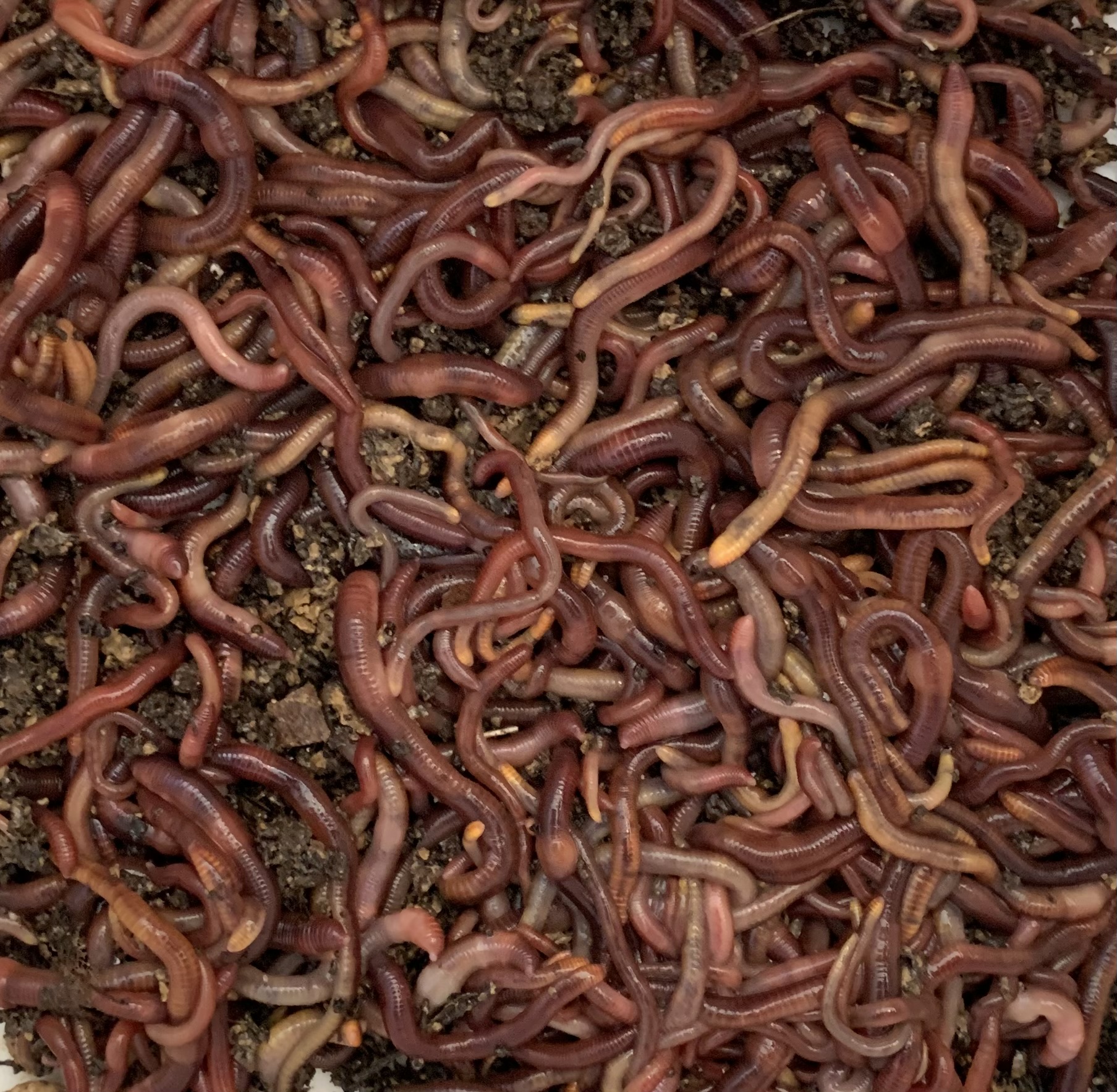Red Wiggler Express for Dummies
Red Wiggler Express for Dummies
Blog Article
Little Known Facts About Red Wiggler Express.
Table of ContentsThe Ultimate Guide To Red Wiggler ExpressSome Known Factual Statements About Red Wiggler Express Some Ideas on Red Wiggler Express You Should KnowExcitement About Red Wiggler ExpressThe Best Strategy To Use For Red Wiggler Express
And the growing Red Worm populace? Even in the load that was set up directly in front of backyard composters with existing Red Worm nests.
Lots of varieties, consisting of Red Wigglers, European Nightcrawlers, and Lumbricus varieties were brought over from the European continent. But below's the thingNative or otherwise - and as skilled as they go to having the ability to survive in a wide-range of settings and conditions -. Simply put, they are much more likely to socialize in any active composting systems you have established, than they are to stroll off and start spoiling the environment.
Origins require oxygen for respiration and rely upon smooth air flow within the soil to flourish. When it rains, soil can become saturated with water, lowering the oxygen available and preventing nutrient absorption. To maintain an optimal equilibrium, the soil needs to enable water to drain sufficiently, leaving adequate area for air to sustain origin health and wellness
Red Wiggler Express Can Be Fun For Anyone

When it comes to worms for composting, what enters your mind? If you were an earthworm dog breeder, dealership, or plain garden enthusiast, after that you 'd know that red wiggler worms are the ideal worms for vermicomposting. To read more about these planet marvels, reviewed with a few of the red worm facts listed below.
(https://alivelinks.org/Red-Wiggler-Express_455506.html)However if they extend their bodies, you'll be able to see the stripes on their skin. When increasing worms such as red wiggler worms, you ought to have the ability to recognize how to make great use of them. When you're able to keep and take care of their environment well, and also feed them the best type of natural wastes, after that they'll have the ability to produce nutrient-packed and quality-rich worm spreadings for you (likewise referred to as worm poop or garden compost).
Top Guidelines Of Red Wiggler Express
What do worms consume? Well, these red wriggler worms can be fed with cooking area scraps and yard wastes.

This actions makes them well-suited forever in worm bins, compost heap, and various other confined spaces where natural waste is plentiful. Creating an ideal environment for red wigglers requires a thoughtful strategy. Consider the following necessary components to take care of red wigglers at home and ensure their wellness: Use a bed linen of shredded newspaper or cardboard.

Red wiggler worms reproduce by laying little, lemon-shaped eggs in protective cocoons. These cocoons are normally transferred in the bed linen and hatch into infant worms within a few weeks.
Get This Report about Red Wiggler Express
Their flexibility and durability have made them a popular selection for vermicomposting in different regions around the world. Yes! They can survive from a range of 32F to 90F. They are incredibly adaptable pests. Take into consideration safety measures for very extreme temperatures such as: Insulating the worm container with layers of straw or leaves.

Simply bear in mind - you can always add even more food later (however it's hard to eliminate feed once it's been added to a bin!).
Due to the fact that I fed the red wigglers and garden compost worms excessive, they weren't able to maintain and with time the older food went uneaten and produced anaerobic problems that killed the worms. The bright side is that there are extremely simple actions you can take to ensure this doesn't take place! Right here're the 6 golden rules for exactly how commonly and just how much to feed your worms: Guideline # 1: Moderation! You can constantly add even more food later on.
Top Guidelines Of Red Wiggler Express
Leftover food will lead to anaerobic problems that will eliminate your real-time worms. Guideline # 6: After the first feeding, feed the worms 1/3 to 1/2 of their weight.
Report this page